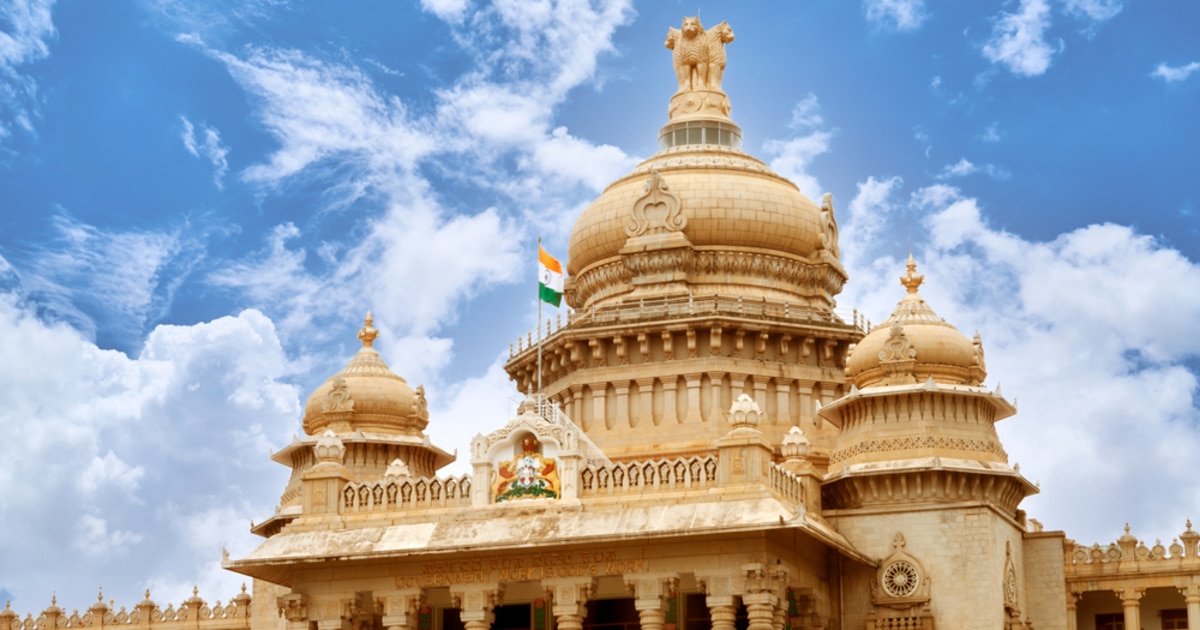India Reportedly Postpones to Test Digital Rubee in Q1 in 2023, Amid Banning Private Cryptos
The Indian government has postponed the trial date of testing digital Rubee until Q1 of 2023, the digital form of central bank digital currency (CBDC), local media outlets reported.

The administration is reportedly about to introduce a bill to ban "private cryptocurrency" at the upcoming Winter Conference of Parliament. According to a published report from the Lok Sabha, the Indian Parliament will vote on the "Encryption and Supervision of the Official Digital Currency Act 2021" designated by the country's central bank to promote the creation of the Central Bank Digital Currency (CBDC).
India has once announced that it is ready to begin testing its electronic rupee towards the end of 2021. However, local media reported that the administration could not do the soft launch in December, pushing the test timeline over a year later, according to online media Coingeek.
Recently, India has been planning to ban all private cryptocurrencies such as Bitcoin and Ethereum from promoting the development of underlying blockchain technology.
The announcement stated:
"The Bill also seeks to prohibit all private cryptocurrencies in India. However, it allows for certain exceptions to promote the underlying technology of cryptocurrency and its uses."
The details of the bill do not announce yet. According to Aditya Singh, the co-founder of the Indian YouTube channel Crypto India with more than 200,000 fans, the law is likely to be an initial ban proposed by the IMC committee led by Subhash Chandra Garg's revised version of the draft.
Mikkel Morch, Executive Director & Risk Management at crypto/digital assets hedge fund ARK36, commented that:
"At the moment, the extent of the ban under the proposed legislation doesn't seem to be clear. While the bill’s summary states its intention is to prohibit all non-government cryptocurrencies, it also talks about allowing for "certain exceptions ".
Morch added that "Judging from Prime Minister Modi's tweet from a few days ago, the potential use of cryptocurrencies for illicit activities or manipulative investment schemes may be some of the main concerns here. "
Based on the data from the World Bank, the world's fifth-largest economy continues to be cautious by handling the launch of CBDC to avoid any catastrophic moves to its economy.
In March 2020, the Supreme Court of India overturned the comprehensive ban on cryptocurrencies imposed by the central bank two years ago. The Reserve Bank of India (RBI) clarified its position concerning the previous ban on cryptocurrency-related activities in the country and financial institutions' adherence to the rule.
As reported by Blockchain.News on November 17, India is planning to bar the use of cryptocurrencies for payments or transactions but allow them to be held as assets such as gold, shares, and bonds.
India's Prime Minister Narendra Modi urged cooperation between the world's democracies to ensure that crypto coins such as Bitcoin and Ethereum do not end up in the wrong hands while pointing out issues concerning cryptocurrencies.
Reportedly, that there are approximately 1.5 -20 million cryptocurrency investors in India, which have exceeded their holdings of approximately 4000 billion rupees, worth approximately US$5,366,342,315.81.
Image source: Shutterstock
The Reserve Bank of India Has its Eyes on CBDC








